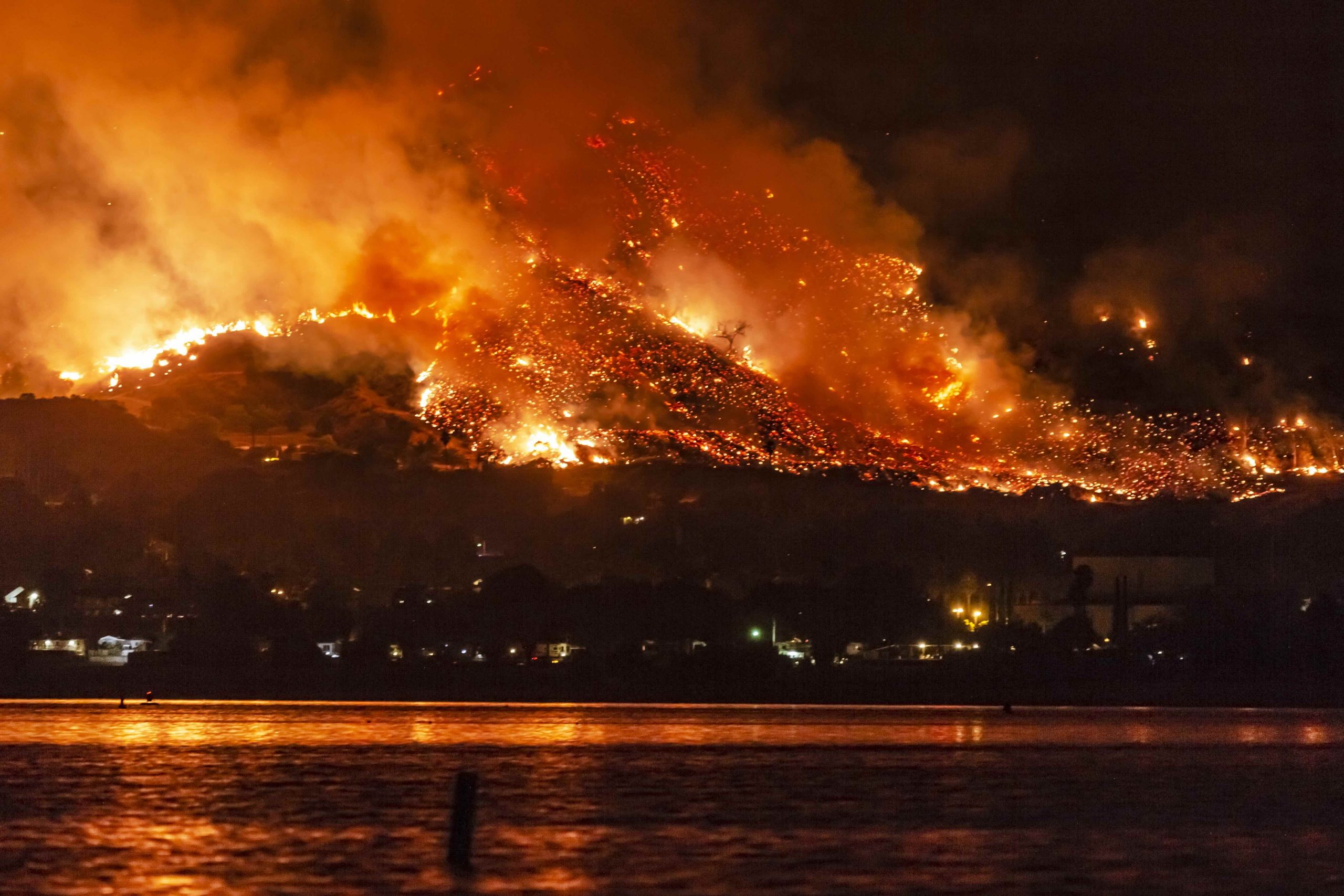The new Global Commission on Adaptation aims to set in motion a global movement to heighten the visibility and political importance of climate adaptation while expanding and accelerating the uptake of climate adaptation solutions. The Commission includes 17 convening countries and 28 commissioners and is led by Ban Ki-moon, 8th Secretary-General of the United Nations, Bill Gates, co-chair of the Bill & Melinda Gates Foundation, and Kristalina Georgieva, CEO, World Bank. All regions of the world and all sectors of development and industry are represented in the Commission, which was officially announced on October 16.
The Commission will work to promote bold investments, new technologies, and resilience planning solutions to address climate-related threats. Seven priority areas include climate-resilient food and rural livelihood security, resilient cities, ecosystem-based solutions, adaptation finance, resilient global supply chains, climate resilient infrastructure, and climate-resilient social protection. Particular attention will be given to adaptation action and support for the most vulnerable communities.
Four major roadblocks currently slowing adaptation to climate change will be targeted by the Commission:
- Decision makers and the wider public are not yet aware of all the opportunities to be gained from becoming more resilient and less vulnerable to climate impacts and natural hazards;
- Governments and businesses fail to incorporate climate change risks into their social and economic development plans and investments;
- Adaptation efforts fall short of those who need them most, the world’s poorest and most vulnerable people; and
- Although adaptation is a global challenge, global leadership on the issue is scarce. In short, the world is falling short of the transformation required to adapt to a changing climate.
Beyond reducing climate impacts, the Global Commission on Adaptation intends to demonstrate that climate change adaption also improves human welfare and leads to better and more sustainable economic development and security, and furthermore that the costs of adapting are lower than the costs of impacts under a business-as-usual scenario.
In the first year of work, the Commission will prepare a report to be presented at the UN Climate Summit in September 2019 outlining why adapting to climate risks is critical, what new actions must be taken, how things should be done differently, and where to begin.
The managing partners of the Commission are the Global Center on Adaptation and World Resources Institute. For more information on the convening countries and the commissioners, see the Press Statement.






